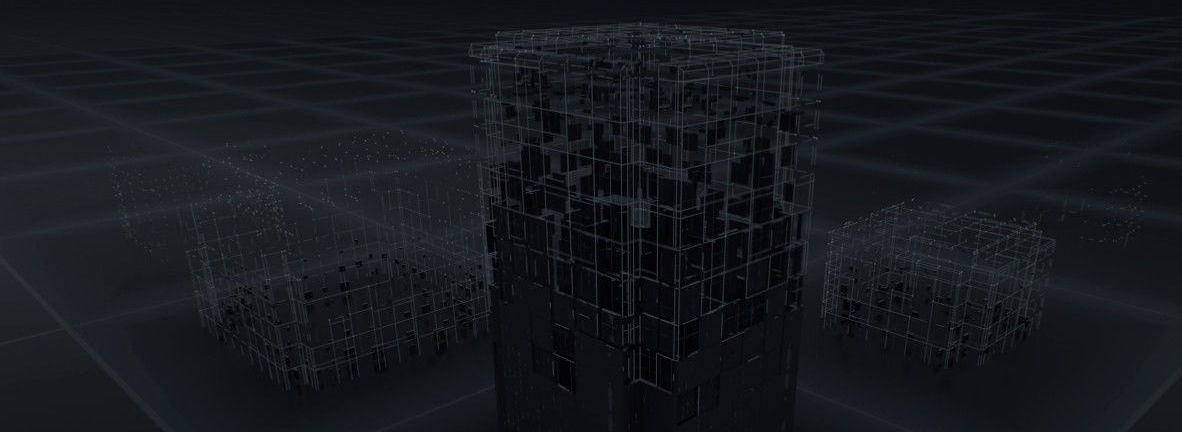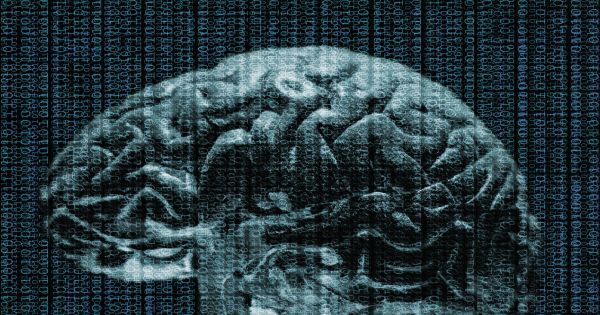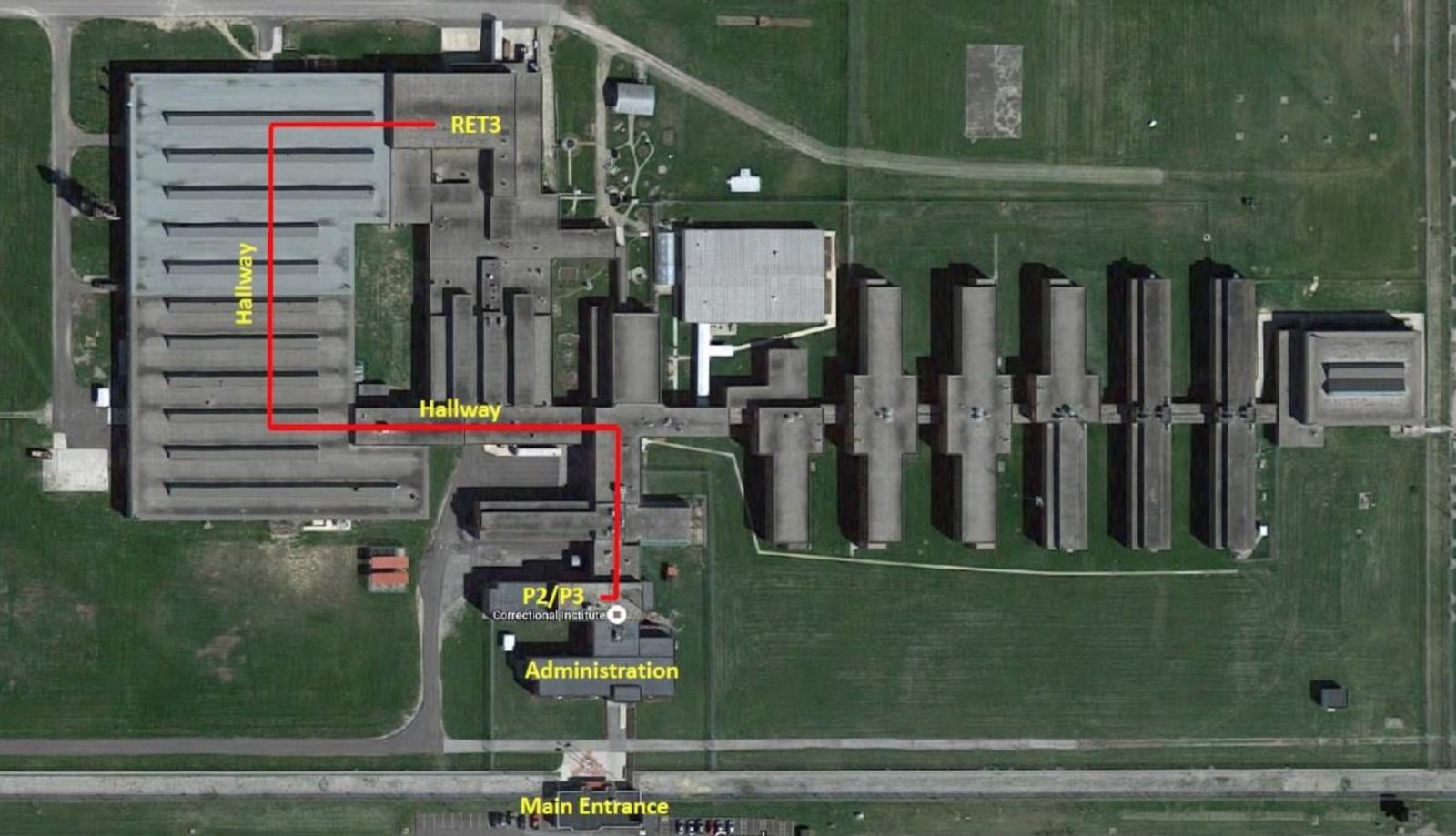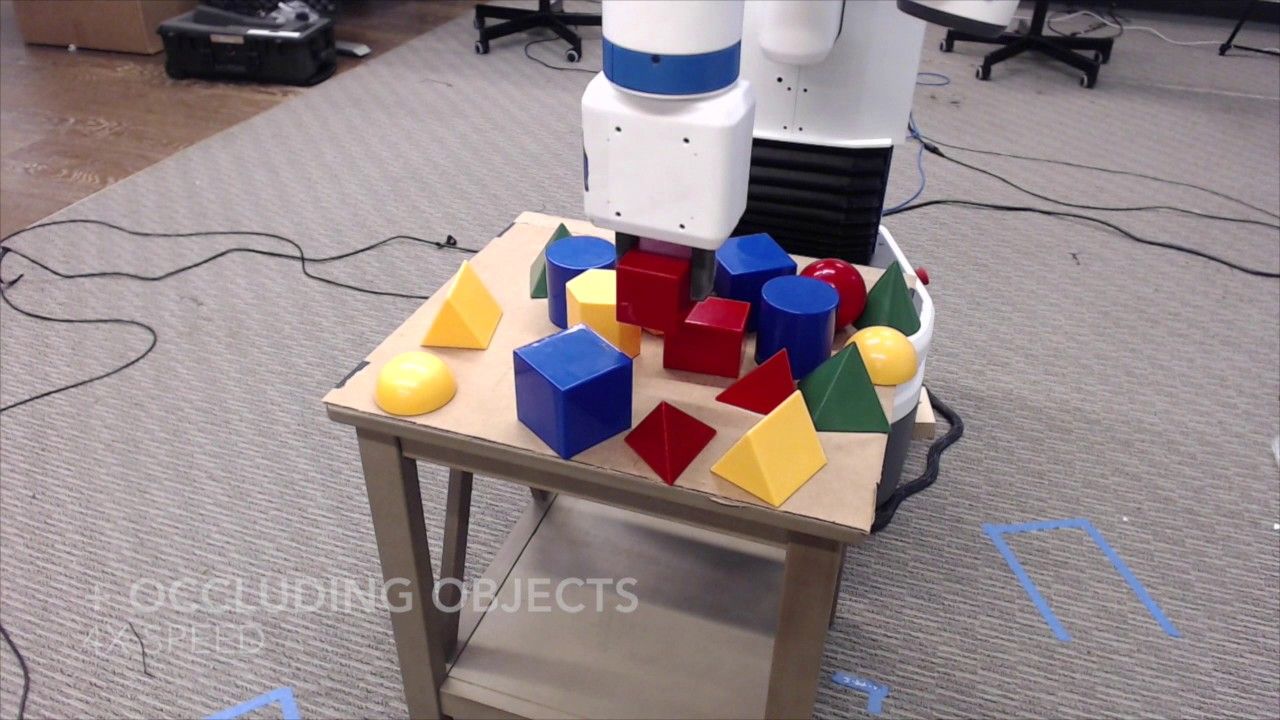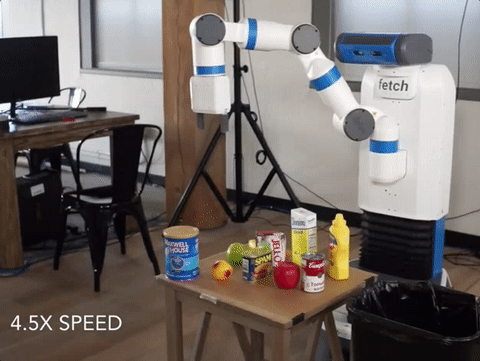https://youtube.com/watch?v=kPJ0dKCGBg8
Security analysts could soon become the first employees asked to show up to work inside virtual reality.
Thanks to a new virtual reality tool built by the Colorado-based startup ProtectWise, cybersecurity professionals may soon be patrolling computer networks — like real world beat cops — inside a three-dimensional video game world.
Scott Chasin, CEO and co-founder of ProtectWise, sees a future in which companies might even have war-rooms of Oculus Rift-wearing security analysts who patrol their networks in VR. “I see an opportunity in the not-too-distant future in which a large organization who has a lot of IT infrastructure might have rooms full of security analysts with augmented reality and VR headsets on,” he told me.
